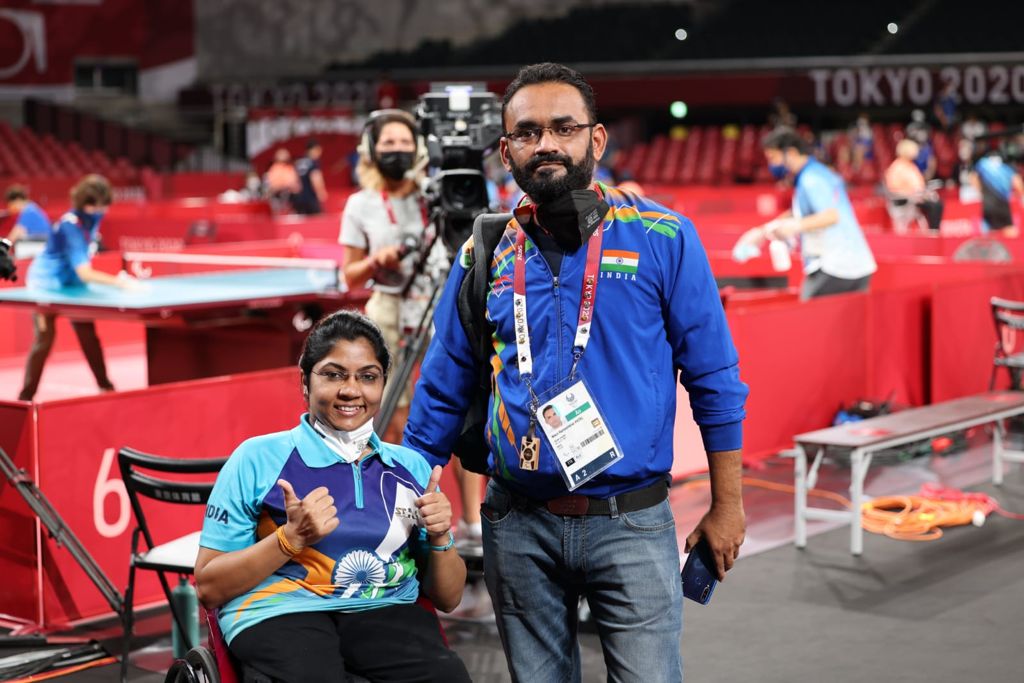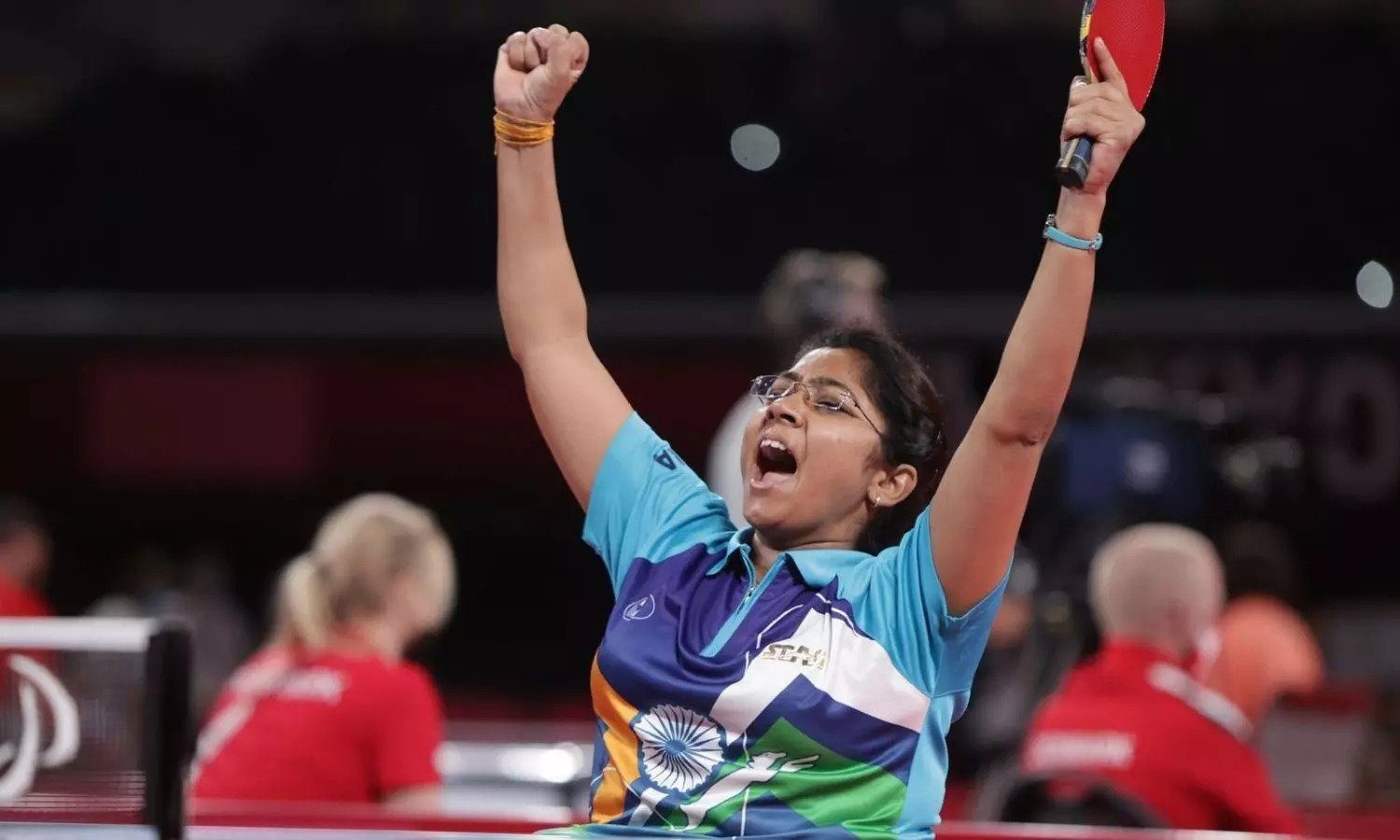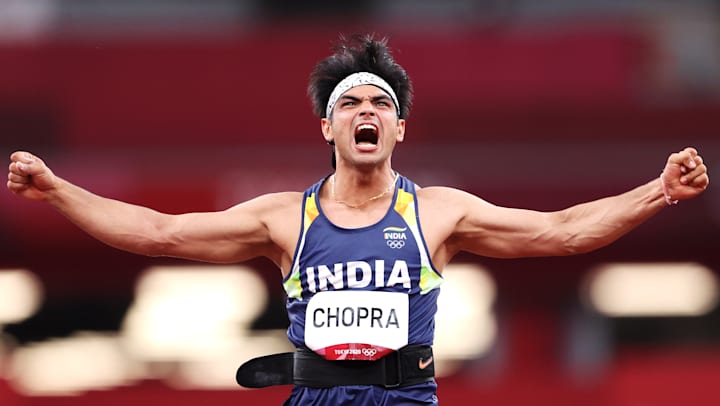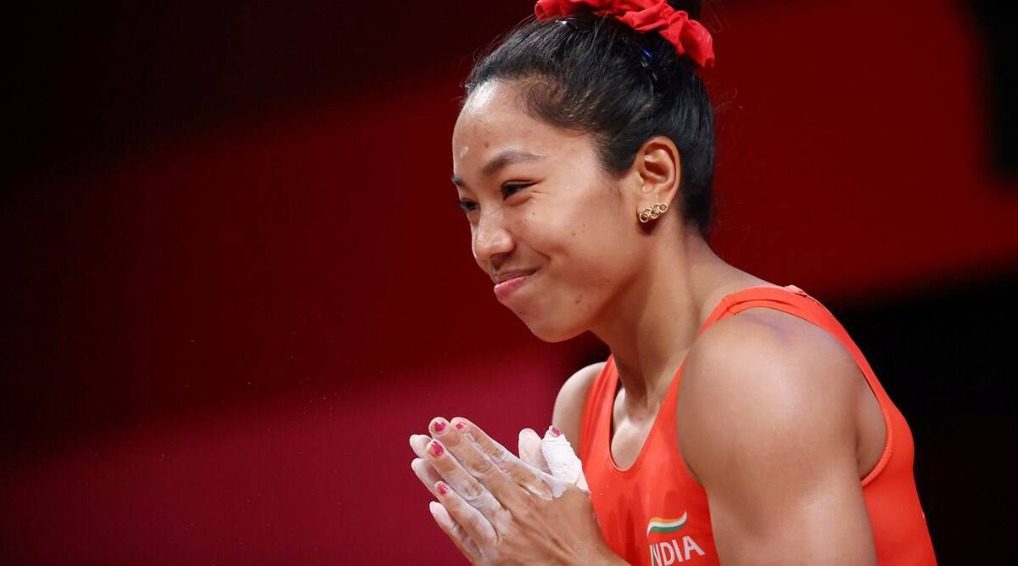(August 30, 2021) India has had a relatively good run on the international sports circuit this year: all thanks to its star athletes. While the country clinched seven medals, including a gold, at the Tokyo Olympics, things have begun to sparkle and shine at the Tokyo Paralympics too with Indian paddler Bhavina Hasmukhbhai Patel becoming the first-ever table tennis player to earn a spot on the podium. Patel knocked out world number two Borislava Peric-Rankovic of Serbia in straight games to enter the finals.
Silver medal for India.
Many Congratulations to #BhavinaPatel who has created history by becoming the first Indian para-paddler to win a medal in #Paralympics history.🇮🇳🏓. pic.twitter.com/dyc3Cw3gEh— VVS Laxman (@VVSLaxman281) August 29, 2021
Despite this being her maiden Paralympic Games, Patel, who ranks 12th in the world, has had a terrific campaign in the 2020 Games, having beaten three players ranked higher than her. The 34-year-old Indian athlete, who plays table tennis, has won a number of gold and silver medals at national and international competitions, however, the Paralympics have been her first major international outing. She was ranked World Number 2 when she won the silver medal for India in the individual category at the PTT Thailand Table Tennis Championship in 2011.
However, this paralympian hasn’t had an easy journey. Her rise has been akin to that of a Phoenix that rises from the ashes.
No holding her back
Born to a Gujarati family, Patel’s parents run a cutlery kiosk in Sundhiya, in Mehsana district, and are of modest means. She was diagnosed with polio when she was one-year-old and ever since mobility became a challenge. Nevertheless, her family has been supportive throughout and encouraged her to do everything that she wanted to regardless of her impediment. However, the same can’t be said about the society that Patel wanted to carve a niche for herself in. Keen on becoming a teacher, she had applied for a job when she was rejected because of her condition. Refusing to let his daughter be down and out, Hasmukhbhai Patel, the athlete’s father, encouraged her to join the award-winning Blind People’s Association’s (BPA) ITI course. It was during the course of this that Patel discovered table tennis and fell in love with the sport.

Bhavina Patel with her husband Nikul Patel
Her talent was spotted by Lalan Doshi, table tennis coach at the BPA, who took her under his wings. Her husband, Nikul Patel, a former cricketer-turned-businessman, too has stood by her like a rock often accompanying her to tournaments. In an interview with Indian Express, he said that Bhavina would often have to change two buses and hitch share autos to get to her practice sessions, all while on her crutches.
“It was her drive to overcome obstacles that made her the first Indian to win the table tennis Paralympics silver medal,” he said.
Nikul said that independence is of utmost importance to Patel and she strove to do it all right from a young age. Patel, currently works with the Central Government’s Employee’s State Insurance Corporation. She may not be doing the whole rigors with bus and auto rides any more, but travel still remains extensive for this athlete. “We have travelled to about 25-30 countries. At times, she travels on her own. Europe is very convenient for especially abled people but it’s not the same everywhere,” he says.
Marching through the pandemic
Bhavina Patel had missed the 2016 Rio Paralympics by a whisker, but she was determined to shine bright at the Tokyo Games this year. With only partial funding, the Patels have to regularly dig deep in their pockets. “On an average, we end up spending close to ₹12 to 13 lakhs annually. People think table tennis is cheap. But a quality bat can cost close to ₹70,000,” he told Indian Express.
Their home in Gujarat has wheelchair access and also houses a table tennis table. During the pandemic, Patel trained extensively at home. Sometimes her coach and other players would go over to train with her. “When we have guests at home, we fold the table and sleep on the floor. Ours isn’t a very big house but TT has been allocated enough space,” Nikul said.
Government support came in handy
Aside from family support, Patel has also been included in the Target Olympic Podium Scheme (TOPS) and timely interventions from the government to help her participate in several tournaments. The support has helped her avail TT tables, robot and a special wheelchair for her sport, apart from personal training, dietician, sports psychologist consultations and coaching fees.
Before she left for the Tokyo Paralympics, all of her neighbors visited her to say goodbye and wish her luck. With her Paralympics win, Bhavina’s is now a household name for her sheer grit and determination to beat all odds to achieve her dreams.



